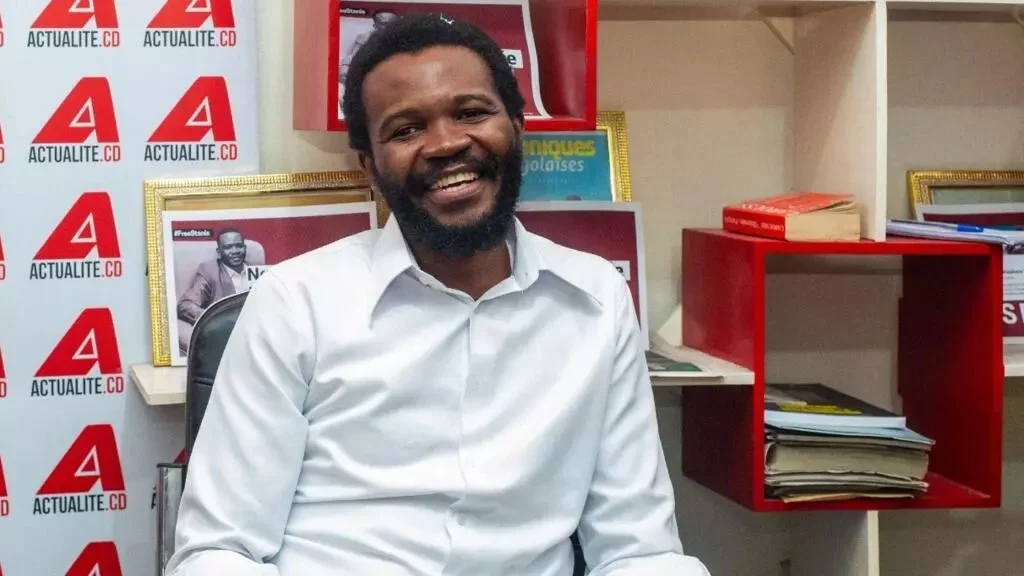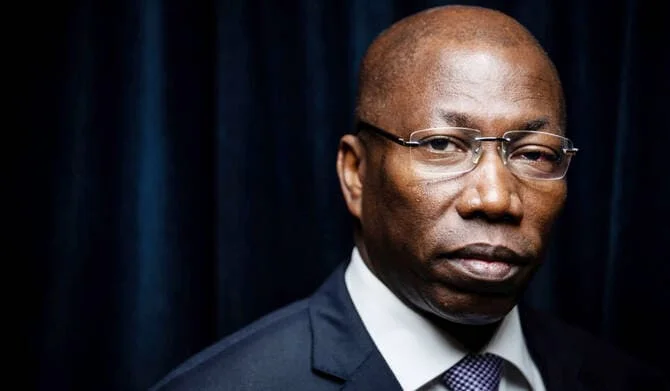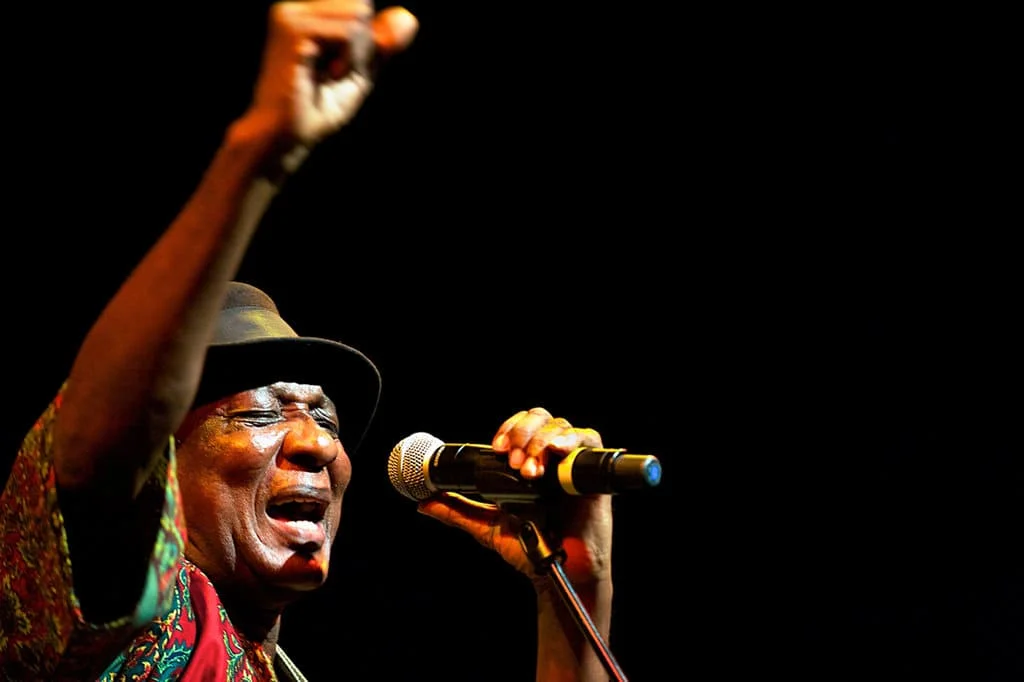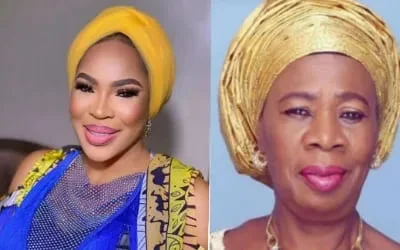A prominent journalist in the Democratic Republic of Congo (DRC), Stanis Bujakera, has been released after six months in prison, accusing the government of fabricating charges to deter journalists from investigating the death of an opposition politician. Bujakera’s ordeal highlights the challenges faced by the press in the DRC, raising concerns about freedom of expression in a politically charged environment.
Unjust Detention and Fabricated Charges
Stanis Bujakera, deputy director of the Congolese news outlet Actualite.cd and a contributor to international media, including RFI, was arrested following a report published by the French magazine Jeune Afrique. The article suggested the involvement of the DRC’s intelligence bureau in the death of Cherubin Okende, a former minister and spokesperson for the opposition party Ensemble pour la République (Together for the Republic). Okende vanished in Kinshasa, and his bullet-riddled body was discovered in his car the following day.
Despite Jeune Afrique clarifying that Bujakera did not author the story, he faced charges of spreading falsehoods and forging documents. He was held in pre-trial detention, convicted, and sentenced to time served plus a fine equivalent to approximately 330 euros. In his first interview after release, Bujakera told RFI’s Christophe Boisbouvier, “The case against me was totally fabricated to intimidate journalists.” He described intense pressure to reveal his sources and noted that judges were coerced to secure his conviction, signaling a broader effort to suppress investigative reporting.
A Warning to Journalists
Bujakera believes his arrest was strategically timed ahead of the DRC’s presidential elections, suggesting that authorities sought to control information during a critical political period. “They wanted to convict me to scare other journalists,” he stated, emphasizing the government’s intent to deter scrutiny of sensitive issues. The journalist’s detention in Kinshasa’s notorious Makala prison, known for its harsh conditions, underscores the risks faced by those who challenge the official narrative.
Bujakera has chosen not to appeal his conviction, citing a lack of faith in the DRC’s judicial system. He argues that an independent judiciary is essential for fair treatment, a sentiment echoed by press freedom advocates who have condemned his detention as an attack on media rights.
Broader Implications for Press Freedom
The case of Cherubin Okende remains contentious. Despite official claims that his death was a suicide, the opposition and media outlets have questioned this conclusion, particularly given the violent circumstances of his passing. Another former minister, Modero Nsimba, faced legal action for allegedly spreading rumors about Okende’s death after sharing controversial audio recordings. These developments highlight a pattern of targeting individuals who challenge the government’s account of events.
Bujakera’s experience sheds light on the precarious state of journalism in the DRC, where reporting on politically sensitive topics can lead to severe repercussions. His release has sparked renewed calls for protections for journalists, emphasizing the need for a free and independent press to ensure transparency and accountability.
A Call for Reform
The journalist’s ordeal has drawn attention to the broader issue of press freedom in the DRC. Advocates argue that systemic reforms are needed to safeguard reporters from arbitrary detention and fabricated charges. Bujakera’s case serves as a stark reminder of the challenges facing journalists who seek to uncover the truth in a complex political landscape.






